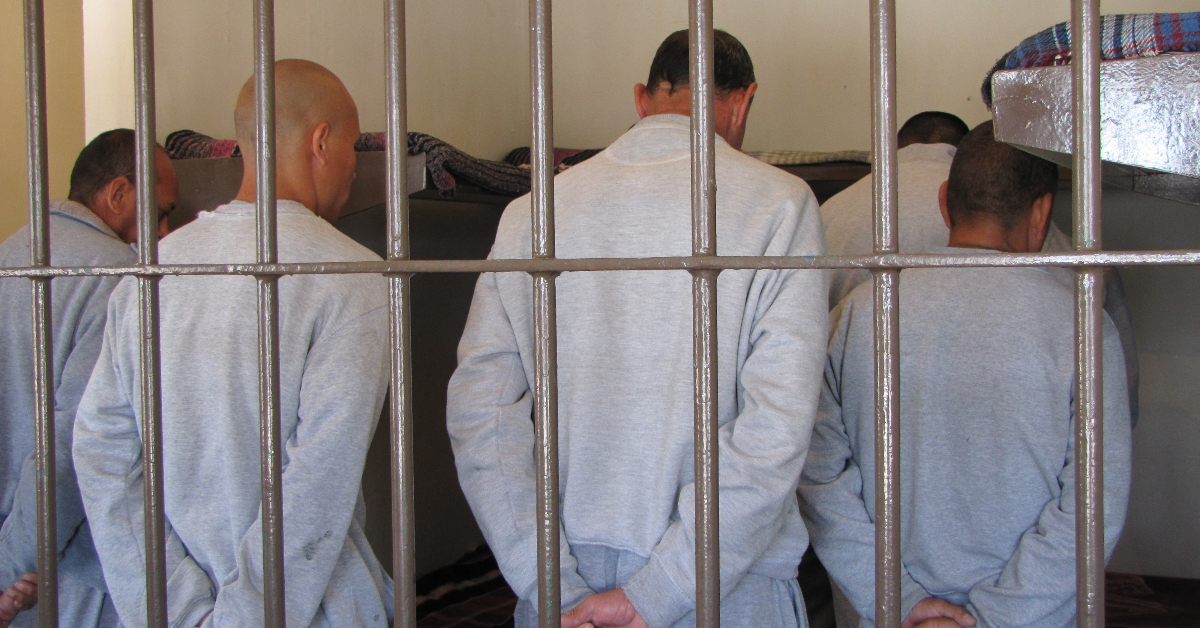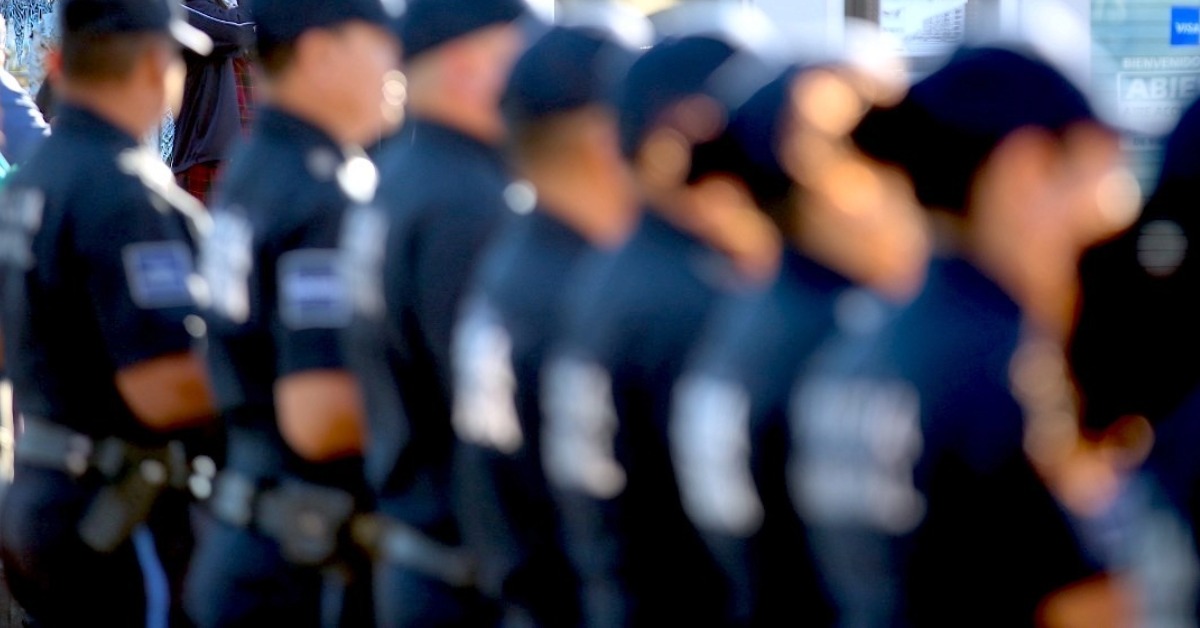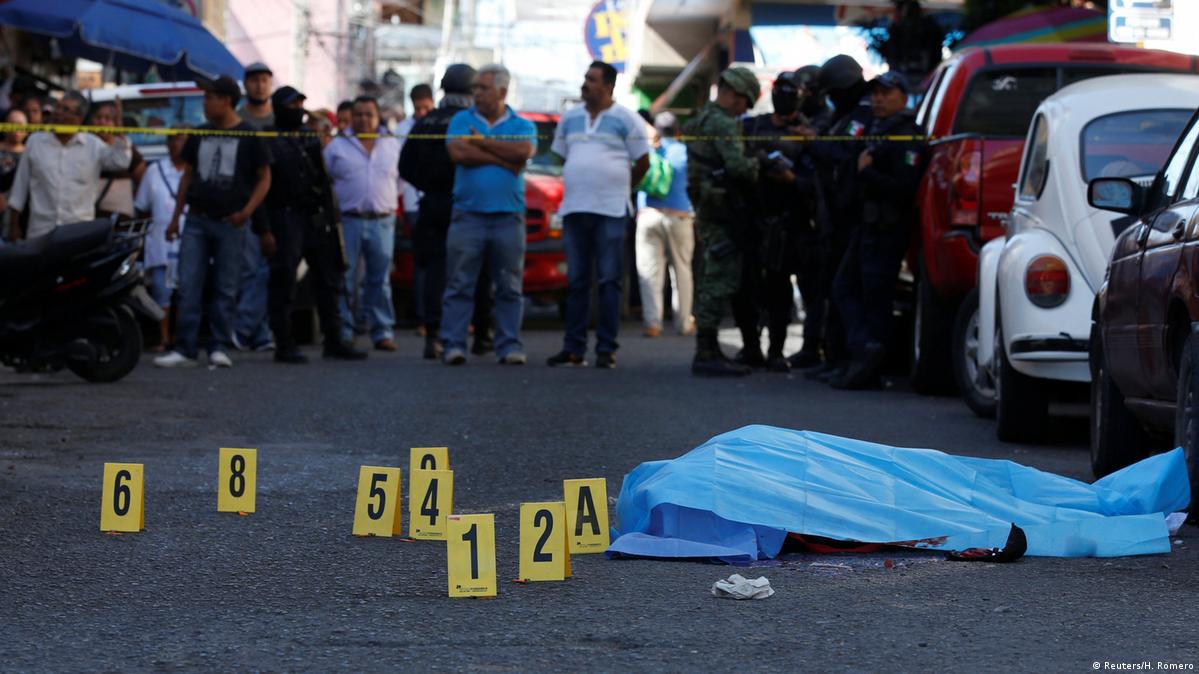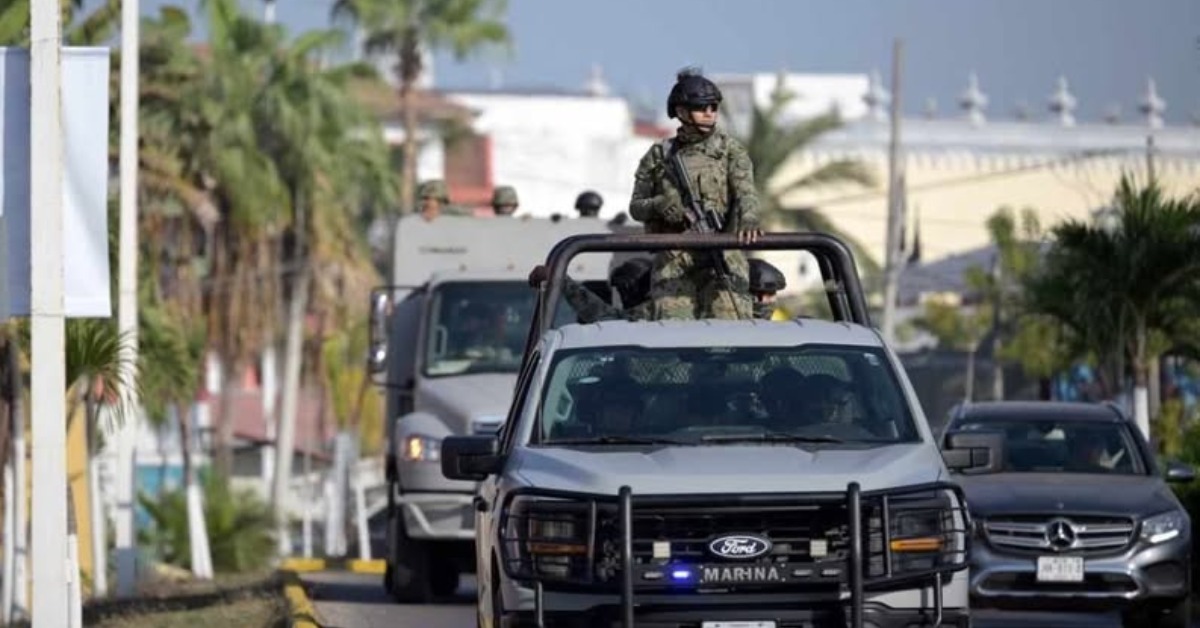300 people enter prison every day in Mexico. That figure has caused a rapid growth of the prison population in the country; however, it does not indicate that impunity has been abated or that the violence has been halted.
Four out of 10 people who are in prison in Mexico remain detained under the legal figure of preventive detention, according to the activist Saskia Niño de Rivera.
Although that 40% of the prison population is not deprived of their liberty under the figure of informal preventive detention, it is a "sample of the abuse . . .






